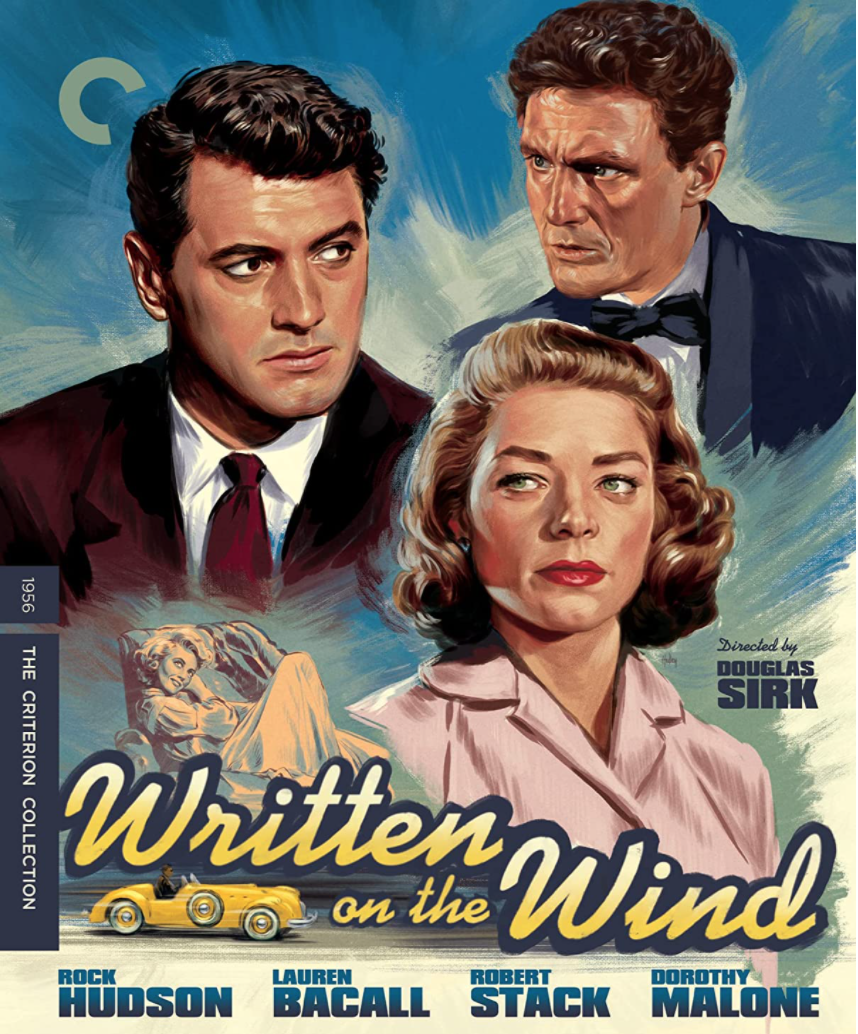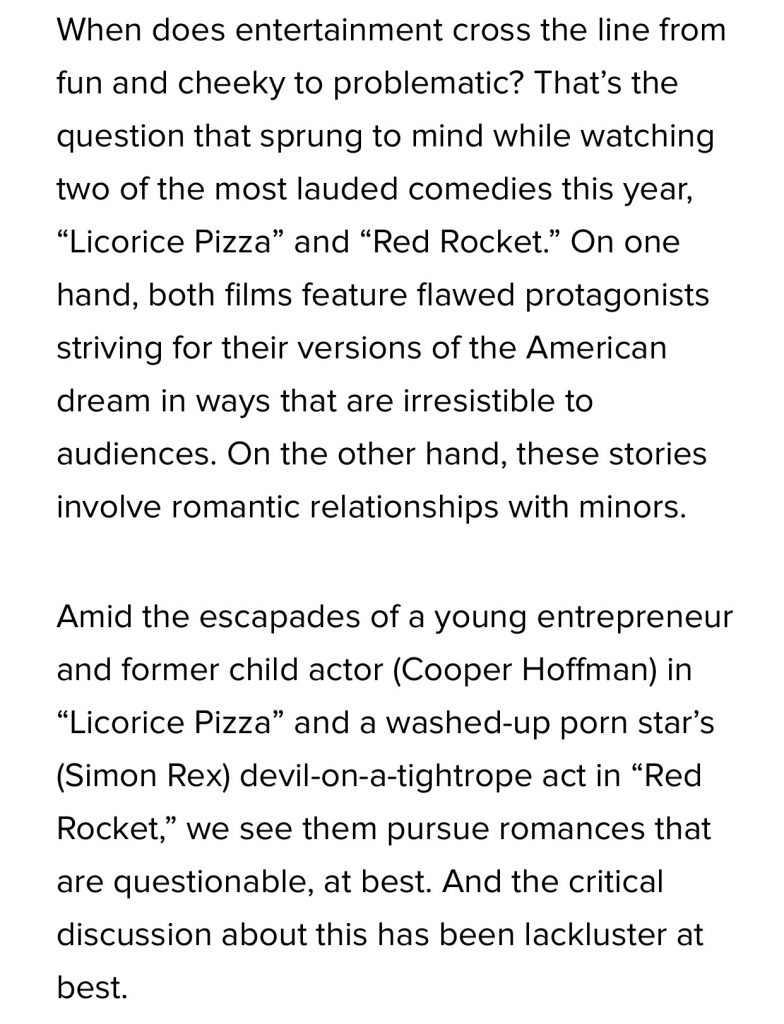A sudden surge of Robert Evans nostalgia just hit me, like a ghost tapping me on the shoulder but more like a flutter or passing breeze of some kind…maybe it was Kid Notorious himself.
Evans died a little more than two years ago. I’m almost teary-eyed as we speak, thinking back to those crazy times of the mid to late ’90s when I was his brief and temporary pallie, so to speak.
“I’d rather be remembered than rich.” — Evans in a 1977 interview.
There’s something terribly somber and sobering in the idea of the once-churning Evans dynamo being silent and still, above and beyond the fact of a life having run its course and come to a natural end.
I don’t like finality as a rule. I prefer the idea of fluidity, of a beating pulse and the constant search for action and opportunity and fresh air. I don’t like it when a store closes and is all emptied out and boarded up with “for lease” signs pasted on the windows. Keep it going, sweep the floors, stock the shelves, pay the bills. All things must pass, of course, but not now…later.

The last time Evans and I saw each other was over dinner at the Palm in ’02, sometime around the release of Nanette Burstein and Brett Morgen‘s The Kid Stays in the Picture. Evans covered the meal, but they never brought him a check. I didn’t ask and he didn’t explain. Some kind of gratis deal he had with management — Evans arrives, orders, eats, leaves a generous tip and leaves.
In the published view of director Peter Bogdanovich, Evans “was good Hollywood, not bad Hollywood.”
When Evans broke in as a producer in the mid ’60s “he brought a fresh kind of attitude to the movies,” Bogdanovich says. “He had very good taste and he produced movies of his own that were damn good.
“He was a movie fan too. It’s rare to have executives that really like movies. Not all executives are like that. He was really enthusiastic, and he encouraged talent. I loved Bob. He was friendly and amiable and charming.”
In a 10.28 tribute piece Variety‘s Owen Gleiberman wrote that “you can see why they thought Evans would be a movie star in the late ’50s. Evans was gleamingly handsome, yet he always had a touch of the geek about him. With his toothy grin and beautiful slick coif, he looked like a cross between Tom Cruise and the young Donald Trump, and as his career as an actor fizzled, the role of producer became the perfect fit for him. He was born not to tell a story but to sell it.”
Bogdanovich agrees: “Bob was the last of a breed. He connected to the Hollywood of the ’50s. They made fun of him because he was an actor who became a studio head. But why not? He played the part very well.”
But Gleiberman and Bogdanovich disagree about Evans’ vision of a genetically Italian Godfather.
Read more







